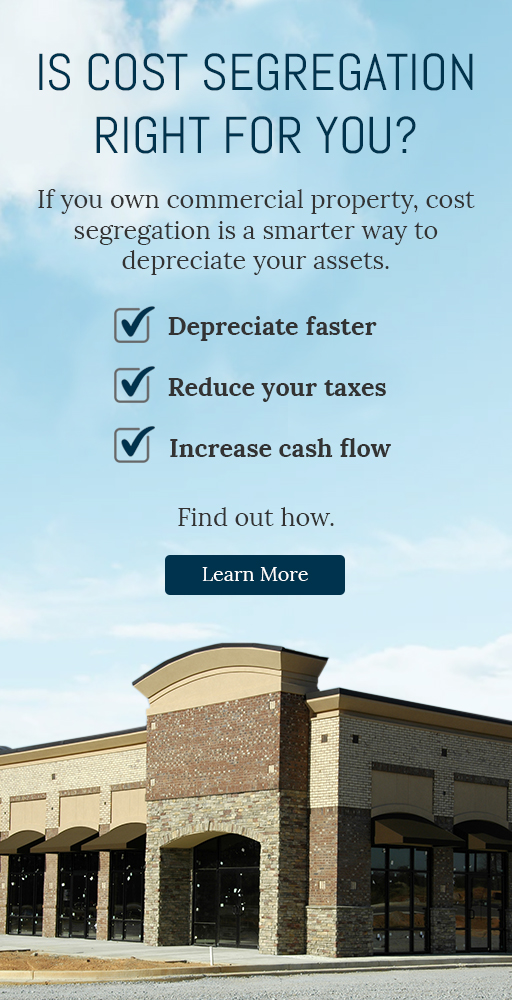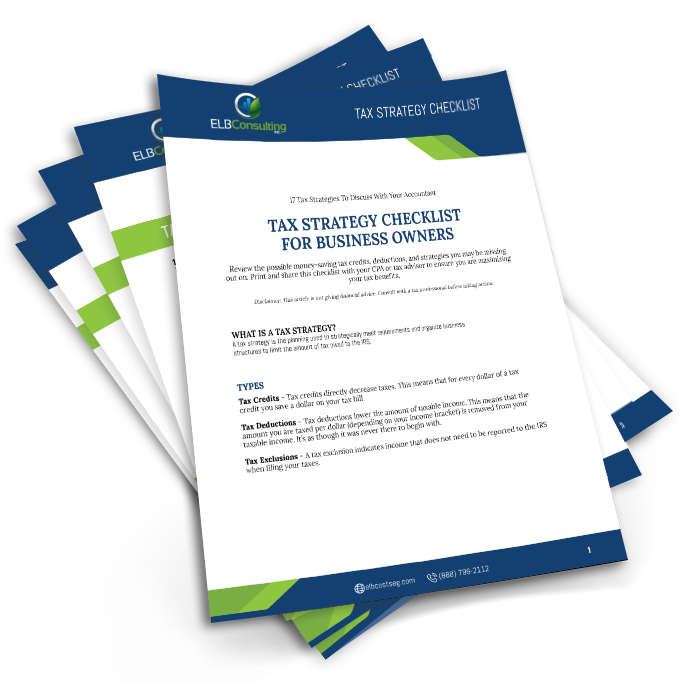Many have asked; what happens to the beneficial commercial real estate tax benefits now that a non-commercial real estate guy will be President of the United States?
Before answering what happens to bonus depreciation, we must first consider the overall impact of Commercial Real Estate on the GDP (Gross Domestic Product). This the overall value of goods and services associated with the commercial real estate industry. Architectural design, legal and appraisal and title services, physical construction, property management, property maintenance, all the building systems & infrastructure needed to support each building for its unique purpose – just to name a few.
These have a substantial impact and ripple effect on supporting industries and the employment market. As reported by NAIOP, the total economic contribution to GDP in 2018 was $3.744 trillion dollars. That is significant to our economic engine.
So, to get down to the premise of this blog and the question posed:
- First, commercial/income real estate depreciation normally follows the IRS prescribed conventions (5, 7, 15, and 27.5 or 39 year life-class schedules). This has been the standard for decades as outlined in the IRS tax code. Leveraging the tax benefits of component level depreciation (i.e. – cost segregation) has been used tax strategy since 1986 with the MACRS (Modified Accounting Cost Recovery System).
- Second, 100% bonus depreciation is not the norm. It has been used only to stimulate the commercial real estate market after economic downturns from 9/11, the 2008 recession, etc. The 100% bonus depreciation established in the Tax Cuts Jobs Act (TCJA) is not the first time 100% has been offered. Normally it has been offered up at 30% or 50% in prescribed years.
- Commercial real estate developers and investors have utilized accelerated depreciation for many years to improve their cash flow and reduce their current tax liability. In doing so, they can invest in more real estate or infuse capital into their companies. This stimulates the economy and creates jobs. As outlined above, the real estate sector is a significant component to our GDP and economy.
Will the Biden Administration do away with 100% bonus depreciation, by cancelling the TCJA?
What happens to bonus depreciation? Who knows? It is all just speculation now. The 100% bonus depreciation is currently set to run to 12/31/2022, then begin tapering off at 20% per year. A change here may take more than just a phone and a pen. If the Senate remains with the Republicans, it may hold. If there is a change, will it change on January 23rd? Doubtful. Again, nobody really knows.
For the sake of argument, let’s assume 100% Bonus Depreciation is eliminated on day one of a Biden Administration. What is the impact to real estate investors/developers?
Accelerated depreciation (cost segregation) will still be in place to provide value to investors/developers, as it has for decades. Even without the 100% bonus, it still offers tremendous tax benefits to investors/developers, as it has for decades. So, we are confident cost segregation will still be in great demand, as it has for decades. So “what happens to 100% bonus depreciation” really doesn’t matter that much.
Some folks may even see a drawback in the 100% bonus depreciation:
- 100% Bonus Depreciation front loads the depreciation schedule to the point where clients could be concerned about taking all the depreciation up front. This will be greater than the needed income offset. Though it is either a pass-thorough, and/or becomes an NOL carry-forward for future tax years.
- The extremely high first year number gives some investors the perception that it may trigger an audit. Highly unlikely. Cost segregation and the depreciation schedule are not triggers for an audit. Most feel the IRS prefers component level depreciation over straight-line depreciation anyway.
- Taking 100% Bonus Depreciation in year one creates concern over possible recapture rate upon sale for some investors. This money will be taxed at some point, now or later. Many follow the “a dollar today, is worth more than a dollar tomorrow” and leverage the time value of money to fund more investments.
Using the IRS normal conventions of 5, 7, 15 and 27.5/39 year still accelerates the rate of depreciation and provides a steady and predictable tax strategy. Improving cash flow and reducing tax liability. It is important to note that Section 179 can also provide large first year expense deductions for the all 1245 personal property (5, and 7 year) that qualifies.
Accelerated depreciation offers tremendous value to real estate investors/developers, whether there is 100% bonus depreciation or not. As it has for decades.
So all in all, we do not expect a significant or dramatic change in our industry. Perhaps interest and demand will even go up, which we are fully prepared to address.
If we can help you determine if these benefits are right for you, send a message or give us a call.




